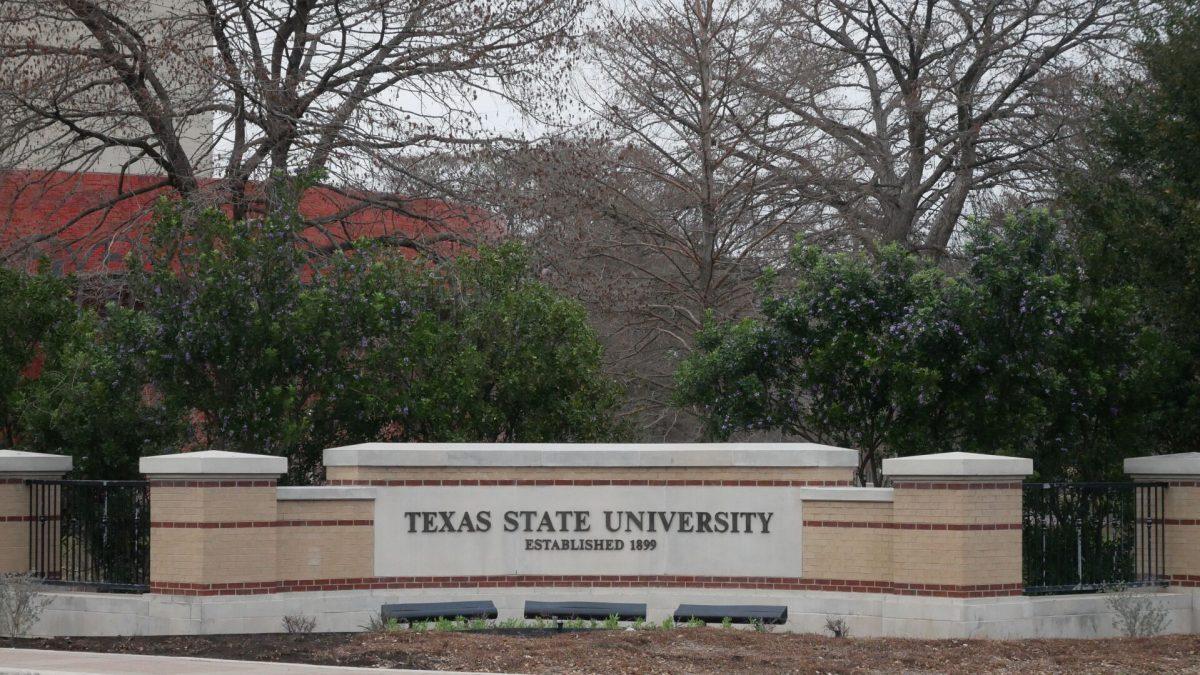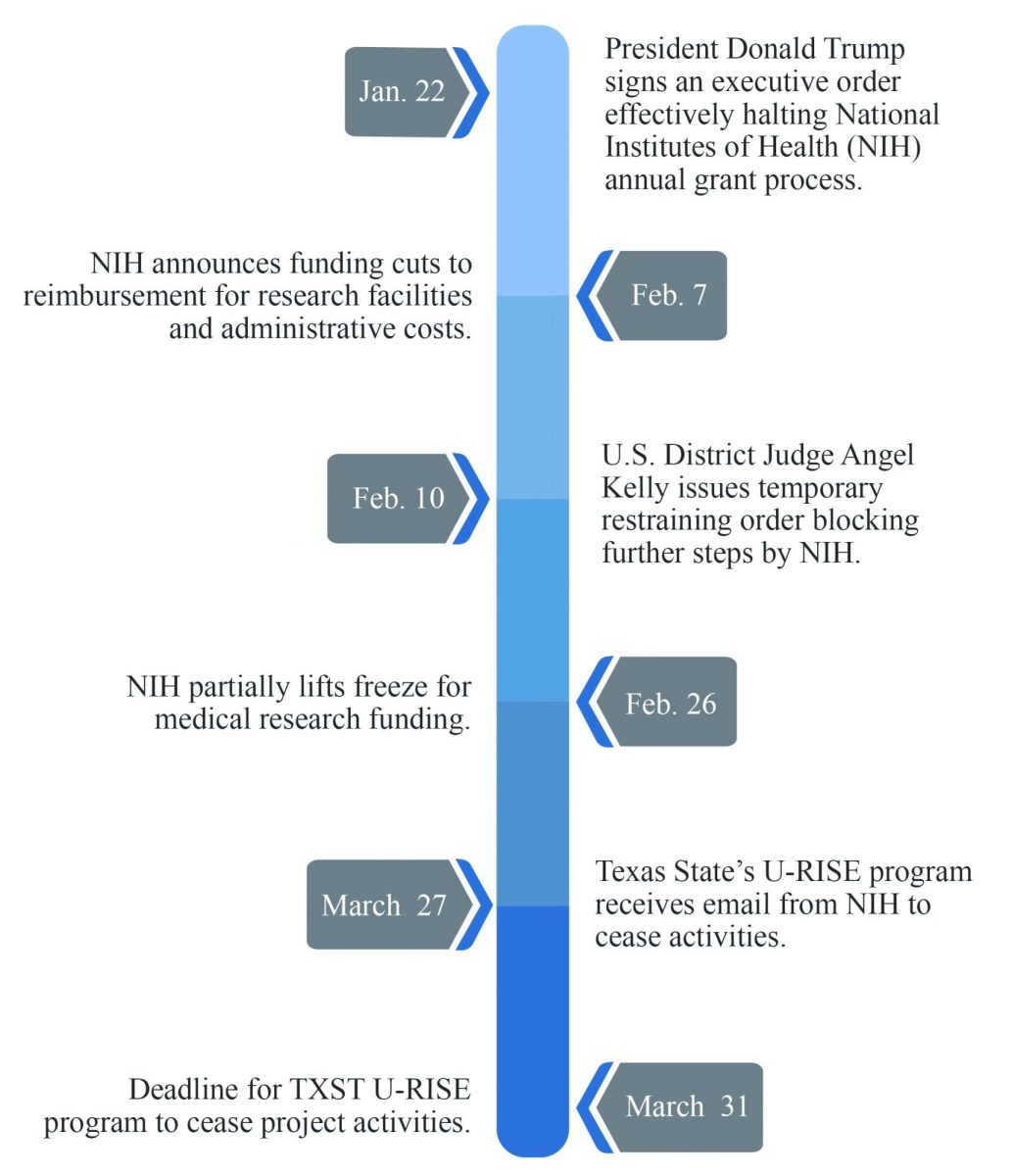A multistate lawsuit spearheaded by Texas could upend parts of federal disability law, but for now, Texas State officials say support for students with service and emotional support animals (ESAs) will continue as usual.
The case, Texas v. Becerra, was filed in the U.S. District Court for the Northern District of Texas in September 2024. In it, Texas and 16 other states argue that a new federal rule expanding Section 504 of the Rehabilitation Act to include gender dysphoria as a protected disability is unconstitutional.
Section 504 of the Rehabilitation Act prohibits discrimination on the basis of disability by programs receiving federal financial assistance. Though lawmakers say the lawsuit targets new definitions, all of Section 504 is at risk as the suit states: “Because Section 504 is coercive, untethered to the federal interest in disability and unfairly retroactive, the Rehabilitation Act is not constitutional under the spending clause.”
At Texas State, Director of the Office of Disability Services (ODS) Gavin Steiger said that regardless of the lawsuit’s outcome, support for assistance animals will remain grounded in other laws like the Americans with Disabilities Act (ADA) and the Fair Housing Act (FHA).
“Section 504 does not apply to either [service animals or ESAs],” Steiger said. “The ADA is the law that provides guidance on service animals. The emotional support animals are governed under Housing and Urban Development and the Fair Housing Act.”
That means students living on campus with ESAs are protected under housing law, not Section 504.
“Because we offer residential facilities, we are therefore bound by the Fair Housing Act,” Steiger said. “We have to ensure that the residential facilities that we offer are also available to students with disabilities.”
Service animals, on the other hand, are regulated under the ADA and defined as dogs trained to perform specific tasks for individuals with disabilities.
“The keywords here are ‘dog’ and ‘trained,’” Steiger said. “The emotional support animal does not necessarily have to be a dog, and it does not have to be trained.”
Steiger also said the registration processes for service animals and ESAs differ. While students do not need to register service animals with ODS, those seeking approval for an ESA must go through a verification process that includes documentation from a healthcare provider with knowledge of the student’s condition.
“We’re looking for someone who’s able to actually sit down and talk with the individual,” Steiger said.
More than 3,000 students are registered with ODS, Steiger said, though the number of students with assistance animals is not publicly tracked.
Some students worry that the outcome of Texas v. Becerra could threaten their access to assistance animals.
Avery Donnelly, animal science freshman, registered her ESA, a cat named Pumpkin, through ODS.
“I’m disappointed in the [lawsuit] as somebody with an emotional support animal,” Donnelly said. “I hope they know how this is [going] to affect students’ rights.”
Donnelly said the process of registering Pumpkin was stressful but worth it.
“I know a lot of incoming freshmen are going to have to fight for their animals [if Section 504 is deemed unconstitutional], like what’s the problem? It’s a cat just sitting there,” Donnelly said.
Jay Bauer, accounting sophomore, who has an ESA that is a cat named Belle, echoed the sentiment.
“You can’t be sad when you have a little child to take care of,” Bauer said. “My friends often come to my room to just sit with Belle.”





















